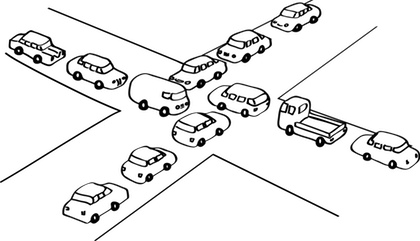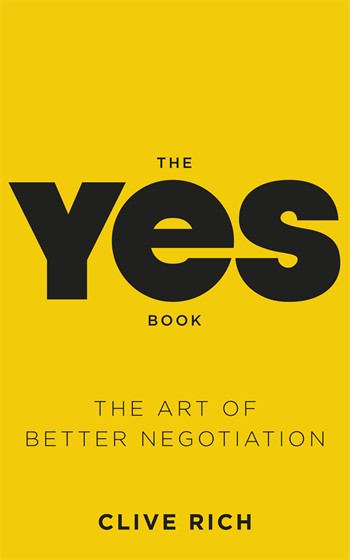 Deadlock in deal making can arise for a number of different reasons.
Deadlock in deal making can arise for a number of different reasons.
However, one reason which is particularly common is that the parties get stuck having a positional negotiation based solely on what they want- this price, that delivery date, that number of units, etc…
Positional negotiations are bad news as they don’t give the parties any flexibility. If I want to buy something for £50 and you want me to pay £1,000, then there is no obvious way of resolving the disagreement without one of us disappointing the other which is very frustrating for everybody. In this situation it’s quite common for the negotiation to be marked by bad feeling, as if you are attacking my position it can feel as though you are attacking me personally.
One way to avoid this kind of positional deadlock is to focus on “why” people need the things they say that they want:
If you want a high price off me there can be lots of different reasons why you need that. For example maybe getting that high price may make you feel that you have achieved something special;
- or maybe it will make you feel reassured so that you can trust me;
- or maybe it will make you feel respected;
- perhaps it will make you feel that you and I belong in the same club;
- or maybe you are just desperate and you need that high price in order to avoid going bust.
If I am able to work out why you “need” that high price than we can find another way of structuring the deal which meets that need but may not be about price. Suddenly we have far more options.
For example if you have a need for reassurance I might be able to meet that through transparent, regular and trustworthy accounting – at which point you may not need to focus so much on that high price. Or if you have a need to achieve something I may be able to come up with an innovative deal structure which appeals to you but does not just depend on price. Focusing on what people “need” rather than just on the things they say that they “want” is a great way to generate options and avoid deadlock. It also has the virtue of reducing the tension in deal-making – there is no point either of us attacking the other for the things that we both need.
One other mechanic for breaking deadlock is to remember to take breaks in a negotiation. Many people plough on with negotiations for hours at a time. This is a recipe for trouble if deals get stuck as the participants get more and more exasperated with each other. Taking a break can be crucial for avoiding this. It gives people a chance to calm down and re- connect with a proper perspective on the problem. It also gives people the chance to re-energise and come up with creative solutions. Taking a break also allows for informal side-bar conversations to go on which often lead to breakthroughs- in these informal corridor conversations people may be a bit less guarded than when they are under pressure in a formal negotiating session.
So remember to focus on why people need the things that they want and to take breaks in the bargaining phase of a negotiation in order to avoid getting deadlocked.

